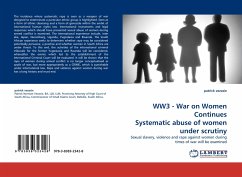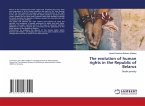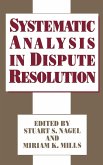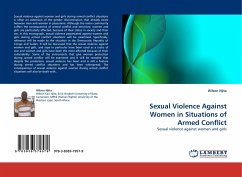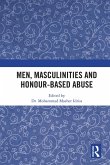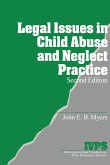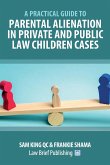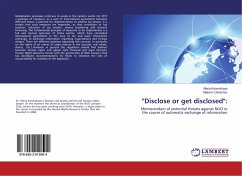The incidence where systematic rape is seen as a weapon of war designed to exterminate a particular ethnic group is highlighted. Seen as a form of ethnic cleansing and a form of genocide within the ambit of international human rights law. International instruments and legal responses which should have prevented sexual abuse of women during armed conflict is examined. The international experience include, inter alia, Japan, Nuremberg, Uganda, Yugoslavia and Rwanda. The South African experience seeks to determine whether rape may be considered potentially pervasive, a practice and whether women in South Africa are under threat. To this end, the activities of the international criminal tribunals for the former Yugoslavia and Rwanda will be considered, whereafter the events which led to the establishment of the International Criminal Court will be evaluated. It will be shown that the rape of women during armed conflict is no longer conceptualised as spoils of war, but more appropriately as a CRIME, which is punishable under international law. Rape and violence against women during war has a long history and must end.

